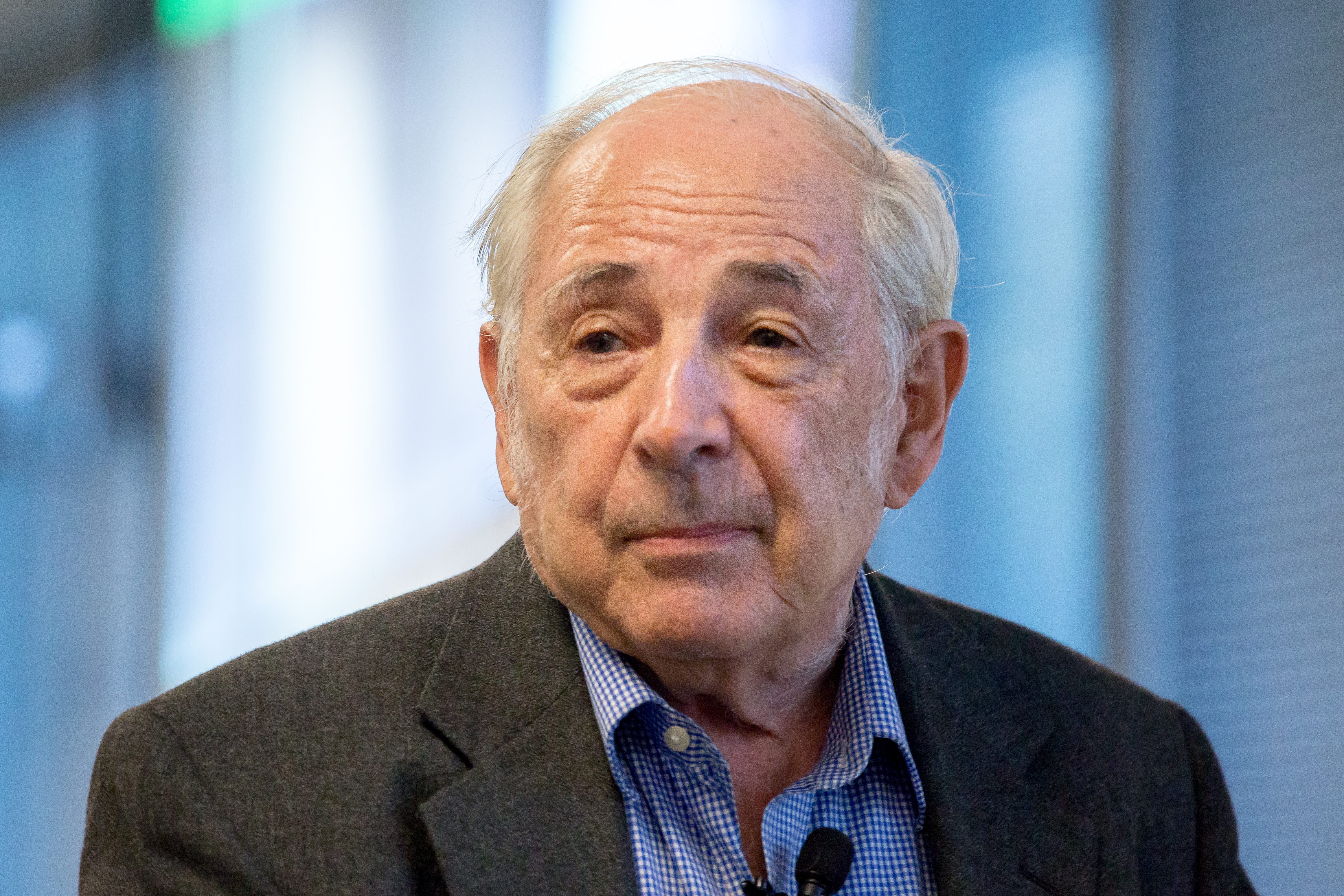The Storm Over the University (December 6, 1990)
Contexto: You need to know enough philosophy so that the methods of logical analysis are available to you to be used as a tool. One of the most depressing things about educated people today is that so few of them, even among professional intellectuals, are able to follow the steps of a simple logical argument.
John Searle: Frases en inglés
“You cannot think clearly if you cannot speak and write clearly”
The Storm Over the University (December 6, 1990)
Contexto: Finally, and perhaps most importantly, you need to acquire the skills of writing and speaking that make for candor, rigor, and clarity. You cannot think clearly if you cannot speak and write clearly.
"Is the Brain’s Mind a Computer Program?", Scientific American (January 1990).
Fuente: Speech Acts: An Essay in the Philosophy of Language (1969), P. 139.
Consciousness and Language (2002) p. 47.
Fuente: Intentionality: An Essay in the Philosophy of Mind (1983), P. 5.
“Whatever is referred to must exist. Let us call this the axiom of existence.”
Fuente: Speech Acts: An Essay in the Philosophy of Language (1969), P. 77.
"The Word Turned Upside Down", The New York Review of Books, Volume 30, Number 16, October 27, 1983.
Fuente: Intentionality: An Essay in the Philosophy of Mind (1983), P. x.
Fuente: Intentionality: An Essay in the Philosophy of Mind (1983), P. 12.
Fuente: Speech Acts: An Essay in the Philosophy of Language (1969), P. 45.
The Storm Over the University (December 6, 1990)
Fuente: Speech Acts: An Essay in the Philosophy of Language (1969), P. 152.
"Our shared condition — consciousness" (May, 2013)
Consciousness and Language (2002) p. 47.
"The Storm Over the University", The New York Review of Books, December 6, 1990
The Storm Over the University (December 6, 1990)
A statement of the author’s “connection principle.”
"Consciousness, Explanatory Inversion, and Cognitive Science," The Behavioral and Brain Sciences 13, 4 (December 1990): 585-696.
"Our shared condition — consciousness" (May, 2013)
The Rediscovery of the Mind, p. 97, MIT Press (1992) ISBN 0-262-69154-X.
“The Intentionality of the mind not only creates the possibility of meaning, but limits its forms.”
Fuente: Intentionality: An Essay in the Philosophy of Mind (1983), P. 166.
The Storm Over the University (December 6, 1990)
Expression and Meaning, p. 31, Cambridge University Press (1979).
